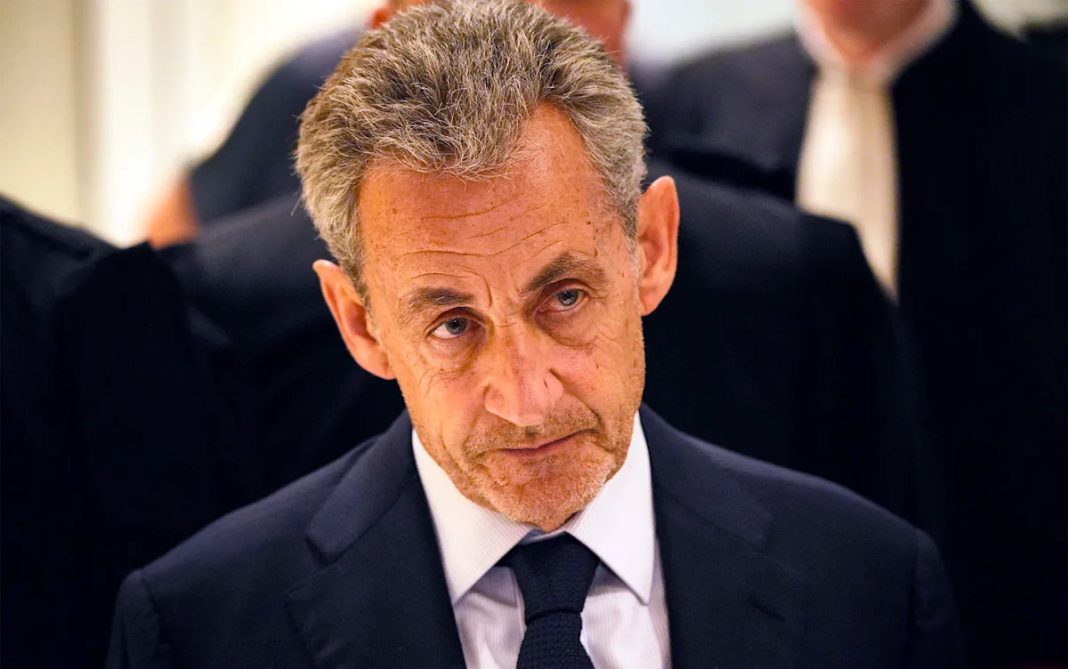About a month ago, a court in Paris found former French President Nicolas Sarkozy guilty of criminal association for attempting to use Libya to finance his campaign illegally. The same court sentenced him to a five-year prison sentence, which is now getting underway. Reuters reported:
Former French President Nicolas Sarkozy began a five-year sentence on Tuesday for conspiring to raise campaign funds from Libya, arriving at La Sante prison in Paris in a stunning downfall for a man who led the country between 2007 and 2012. The former conservative president, 70, left his home for the car journey to the prison, walking hand in hand with his wife Carla Bruni and cheered by a crowd of supporters chanting ‘Nicolas, Nicolas’ and singing La Marseillaise national anthem.
Sarkozy has long professed his innocence, though those claims obviously didn’t hold up well in court. (For security reasons, the former president will apparently be held in an isolation unit, separate from other inmates.)
As the dust settles on developments in Paris, it’s worth appreciating that, as provocative as Sarkozy’s conviction might seem, plenty of former heads of state have been held accountable for crimes in recent years. Indeed, it was just last month that former Brazilian President Jair Bolsonaro was convicted of plotting what was effectively a coup after his re-election defeat a few years ago.
He’s hardly alone. As regular readers might recall, all kinds of democracies have held criminal suspects accountable — even if they’re politically powerful, and even if they served in government at the highest levels.
Italy prosecuted a former prime minister. France prosecuted a former prime minister, in addition to Sarkozy. South Africa prosecuted a former president. South Korea prosecuted a former president and is in the process of prosecuting another. Israel has prosecuted more than one former prime minister. Germany prosecuted a former president. Portugal prosecuted a former prime minister. Croatia prosecuted a former prime minister. Argentina prosecuted a former president. Austria prosecuted a former chancellor. Pakistan prosecuted a former prime minister.
These cases did not lead to violence or threats of violence. The criminal cases were tried without incident. These countries’ political systems persevered just fine, without talk of institutional breakdowns.
The cases did not turn their countries into “banana republics,” and the judiciaries in these nations saw no need to elevate their former heads of state above the law.
There were also no systemic campaigns to punish the prosecutors who enforced the laws or the criminal investigators who worked on the cases.
There’s a lesson here for those who insist that the criminal cases against Donald Trump were somehow evidence of an inherent abuse.
This post updates our related earlier coverage.
This article was originally published on MSNBC.com

